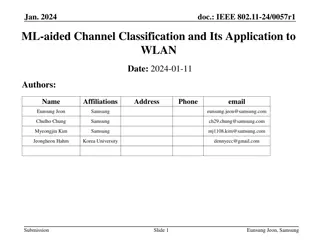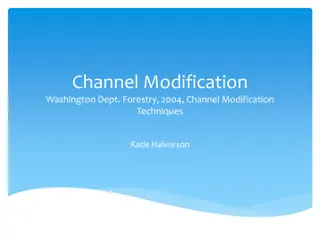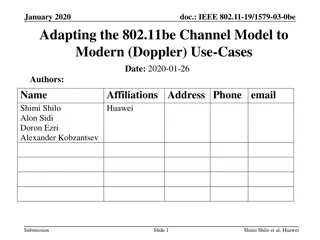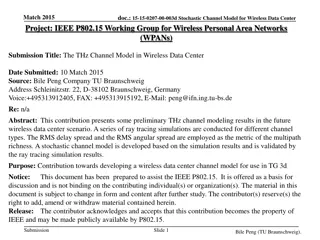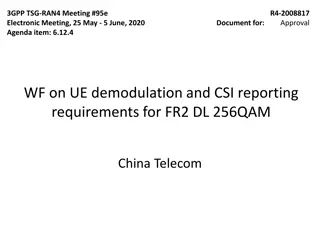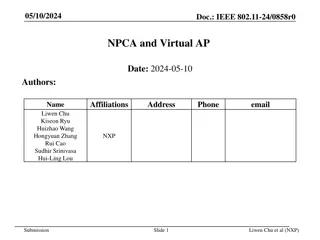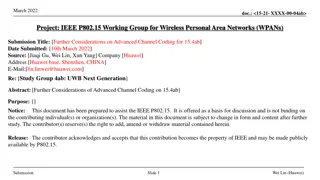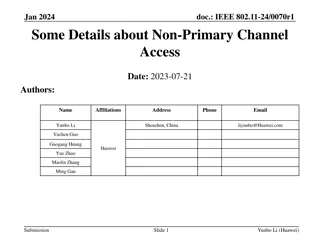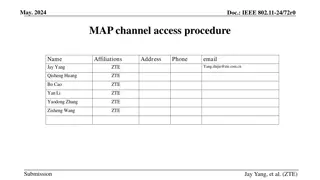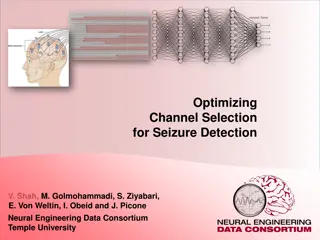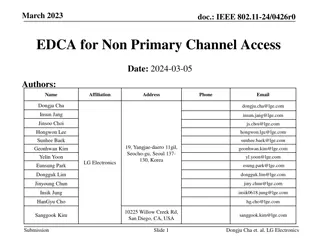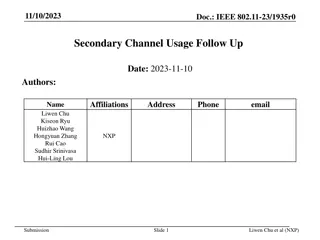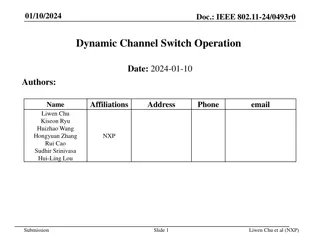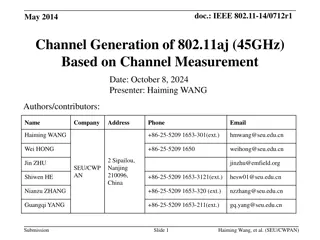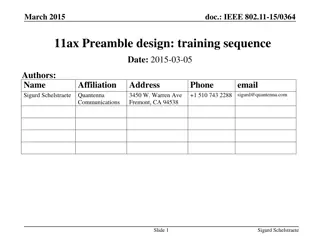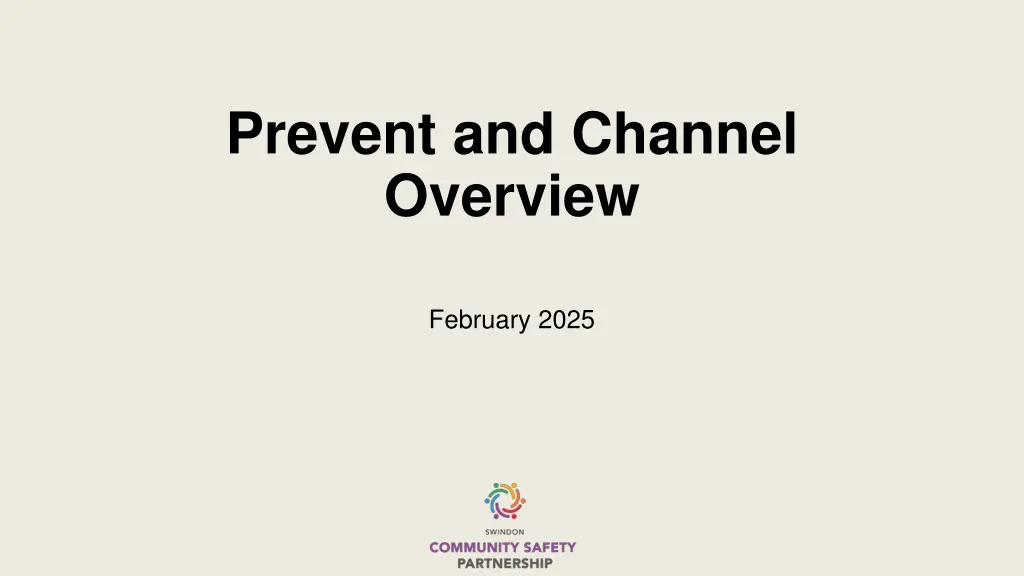
Understanding Prevention and Channeling in Counter-Terrorism Strategies
Learn about the Prevent Duty in the Counter-Terrorism and Security Act 2015, the objectives of the Prevent strategy, the role of Channel in supporting vulnerable individuals, the Prevent referral process, and identifying signs of radicalization.
Download Presentation

Please find below an Image/Link to download the presentation.
The content on the website is provided AS IS for your information and personal use only. It may not be sold, licensed, or shared on other websites without obtaining consent from the author. If you encounter any issues during the download, it is possible that the publisher has removed the file from their server.
You are allowed to download the files provided on this website for personal or commercial use, subject to the condition that they are used lawfully. All files are the property of their respective owners.
The content on the website is provided AS IS for your information and personal use only. It may not be sold, licensed, or shared on other websites without obtaining consent from the author.
E N D
Presentation Transcript
Prevent and Channel Overview February 2025
National Counter Terrorism Strategy CONTEST Prepare Mitigate the impact of a terrorist incident if it occurs Prevent Safeguarding people from becoming terrorist or supporting terrorism Protect Strengthen our protection against a terrorist attack in the UK or overseas Pursue Stopping terrorist attacks happening in the UK and overseas
What is Prevent? The Prevent Duty in the Counter-Terrorism and Security Act 2015 seeks to safeguard and support those vulnerable to radicalisation. The Prevent strategy has three objectives: Respond to the ideological challenge of terrorism and the threat we face from those who promote it Prevent people from being drawn into terrorism and ensure that they are given appropriate advice and support Work with sectors and institutions where there are risks of radicalisation that we need to address. Prevent: An Introduction
What is Channel? Multi-agency panel of relevant professionals that: Assesses engagement, capability and intent Provides support to people identified as vulnerable to radicalisation Tailors support to the individuals needs. Key Points It requires consent to engage with interventions It is confidential It does not criminalise people
Prevent Referral Process? Concern identified and discussed with Safeguarding or Prevent Lead Prevent Referral Concern referred to local Prevent team via Prevent Referral If there are additional safeguarding concerns please refer to Contact Swindon or other relevant MASH team Contact Swindon Police intelligence gather information, assess risk and whether the individual is suitable for Channel. (If there are safeguarding concerns but no relevance to counter terrorism they will be referred to Contact Swindon Contact Swindon If Counter Terrorism Policing South West deem the individual suitable to receive Channel support, they will refer to the local authority chaired Channel Panel Local authority co-ordination of professionals appropriate to the individual Panel meets to assess risk and determine whether individual/s are adopted into channel. If adopted, panel will seek consent to engage and develop a support programme based on their needs. Panel will meet on a monthly basis to assess progress and amend support as required
How might I identify susceptibility to signs of radicalisation? Possession of extreme materials or symbols e.g. swastikas Them and Us thinking Key Points: There is NOT a single profile of radicalisation. It is unlikely to be just one factor but a combination, understanding context is part of the Channel process in assessing level of risk. Radicalisation can occur regardless of age, gender, lifestyle, beliefs or religion. Change in language to include racist, offensive words Isolation from family friendship group Talking about / planning violent action Watching, sharing, or creating films online linked to religious, political, or racial hate Feelings of grievance or injustice Being at a transitional time of life or personal crisis Need for identity, status or a sense of belonging Family or friends holding or being involved with extremist ideas Desire for political, social or moral change Being influenced or controlled by a group
Key Contact Details If you would like to seek advice: Contact the Prevent team at PreventReferrals@wiltshire.police.uk or 01278 647466 Call 101 Call the national Prevent advice line on 0800 011 3764 (open 9.00am 5.00pm everyday) To make a referral please email the Prevent team at: PreventReferrals@wiltshire.police.uk If you would require further advice please contact: SwindonPrevent@swindon.gov.uk
Useful Resources Radicalisation and extremism | Swindon Borough Council Bing Videos Trust Your Instincts and Report | Action Counters Terrorism Educate Against Hate - Prevent Radicalisation & Extremism ACT Early | Prevent radicalisation Prevent | Swindon Community Safety Partnership
Online Training Home Office E-Learning The government training courses are designed, and are appropriate for, staff working in sectors covered by the Prevent duty. These include education, health, local authorities, police and criminal justice agencies. Other sectors that are not covered may also complete this training. List of courses Course 1 - Awareness course Course 2 - Referrals course Course 3 - Channel or Prevent Multi-Agency Panel (PMAP) course List of refresher courses Course - Refresher awareness course
Useful Links and Guides: Counter-Terrorism and Security Act 2015 (legislation.gov.uk) Counter-terrorism strategy (CONTEST) 2018 - GOV.UK (www.gov.uk) Channel duty guidance: protecting people susceptible to radicalisation (accessible) - GOV.UK Revised Prevent duty guidance: for England and Wales - GOV.UK (www.gov.uk) Prevent duty toolkit for local authorities and partner agencies - GOV.UK (www.gov.uk)
Useful Links and Guides: The Prevent duty: safeguarding learners vulnerable to radicalisation - GOV.UK PREVENT - Swindon Safeguarding Partnership Promoting fundamental British values through SMSC - GOV.UK Hate crime - Swindon Safeguarding Partnership Get help for radicalisation concerns - GOV.UK




